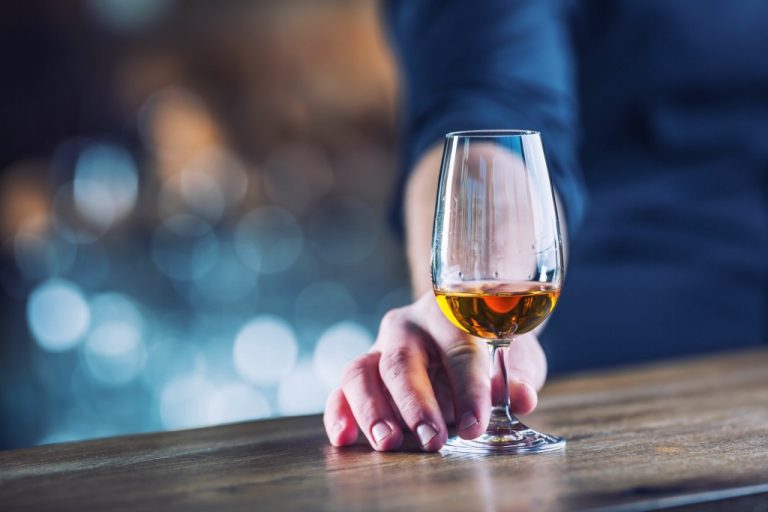Red Wine and Gut Health Benefits
It’s not yet known whether eating grapes or other foods promotes heart health the way drinking red wine might. And it’s not known how much resveratrol is needed to protect the heart. That makes beer the clear contender as the least dehydrating, with a big caveat. As important as alcohol content may be, even more important is how much you drink in a given sitting. Drink too many beers too quickly, and you’ll end up as dehydrated as you would taking a shot at the bar.
However, both studies demonstrated the effects of resveratrol specifically rather than red wine. Therefore, anyone with diabetes should check with their doctor before drinking alcohol. But other studies have found that resveratrol does not protect against heart disease. Scientists believe that if you have a family history of misusing alcohol, you have a 50% chance of being prone to alcohol abuse and addiction.
Medical Professionals
Wine also tends to have a higher sugar content, which may further contribute to the dehydrating effects. You can tell you are dehydrated if you are feeling thirsty, tired, peeing less, or showing signs such as muscle cramps, dizziness, headache, or unsteadiness. Severe dehydration is a medical emergency and needs to be treated immediately.

Drinks containing high amounts of alcohol, caffeine, and sugar are most likely to perform as diuretics in the body and promote dehydration. It’s normal to lose water from your body every day by sweating, breathing, peeing, pooping, and through tears and saliva (spit). Usually, you replace the lost liquid by drinking fluids and eating foods that contain water. If you lose too much water or don’t drink and eat enough, you can get dehydrated. Signs and symptoms of dehydration include dark-colored urine, decreased urination, headaches, fatigue, dry skin, decreased skin turgor, and poor concentration.
Dehydration Risk Factors
Higher HDL levels have been consistently observed in cohort studies regarding alcohol consumption and attributed to alcohol itself. In fact, alcohol, rather than polyphenols, appears to be responsible for the increase of plasma HDL in wine light–moderate drinkers. On the other hand, the effects of light–moderate drinking of alcohol, including red wine, on triglycerides, LDL, very low density lipoproteins (VLDL), and lipoprotein (a) are unclear and still under debate [116]. Moving beyond alcohol, red wines are known for their antioxidants, like resveratrol from grape skins.
- It can also lead to social problems, such as lost productivity or unemployment.
- While the liquid component of many drinks, and even certain foods, can help hydrate the body, quite a few liquids can have the opposite effect.
- The results indicated that the number of MPs increased after a single high-fat meal (increase by about 62%), but red wine consumption decreased these negative effects (increase by about 5%).
- A 2015 review reported that resveratrol might help protect against secondary brain damage after a stroke or central nervous system injury.
- The drink, made from fermented red grapes, is loaded with antioxidants, but it can also be full of calories and sugar.
“The higher the alcohol content a drink has (or is absorbed in your body), the greater the diuretic and dehydration effect.” People with type-2 diabetes are more likely than the general population to develop cardiovascular disease does red wine dehydrate you and have lower levels of heart-protective HDL cholesterol, the authors note. Da Luz et al. [110] evaluated the association between moderate red wine consumption and changes in HDL-C levels and in the coronary vasculature.
Recognizing Dehydration from Wine Consumption
Get helpful tips and guidance for everything from fighting inflammation to finding the best diets for weight loss…from exercises to build a stronger core to advice on treating cataracts. PLUS, the latest news on medical advances and breakthroughs from Harvard Medical School experts. Severe dehydration requires immediate medical attention and can’t be treated at home. You can use methods like looking at the color of your urine to make sure you’re properly hydrated. For many people, quenching your thirst is a smart way to ensure you’re getting enough water. People who live in hot climates typically need more water, as do pregnant and breastfeeding people.

